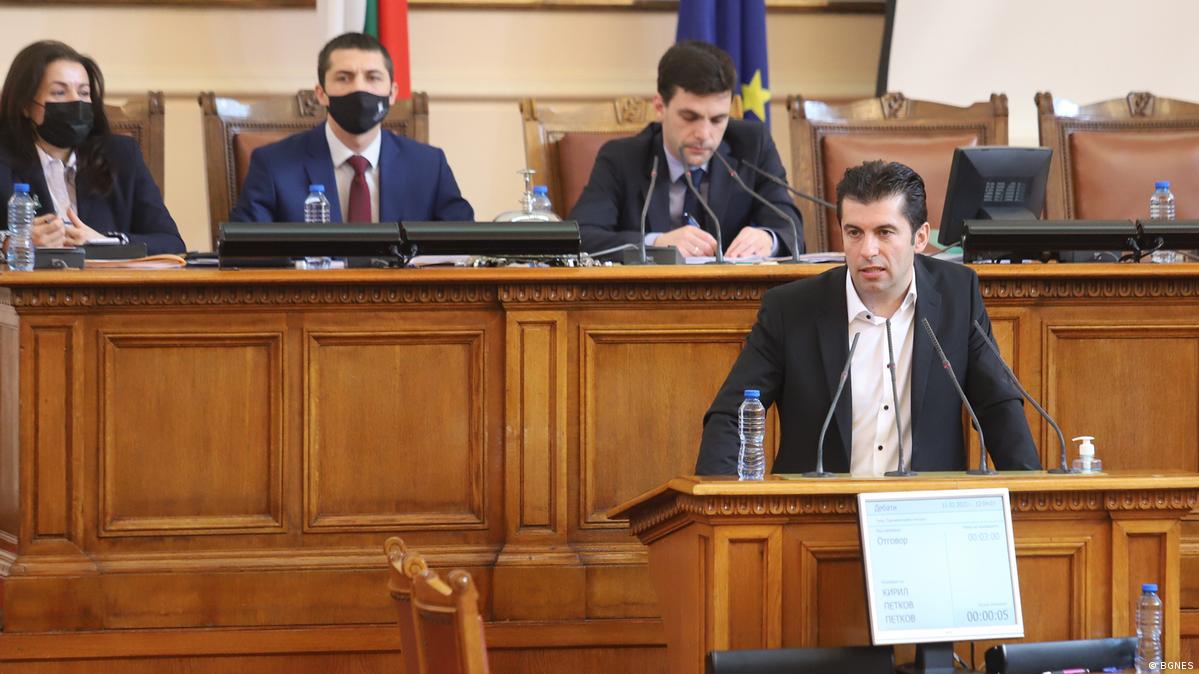Society’s expectations are that the life of the “Denkov” cabinet will be short. Only 15% believe that the cabinet will last for the planned period of one and a half years, said the sociologist Dobromir Zhivkov, who presented the conclusions of a national survey by “Market Links” on the political attitudes in the society, made on the order of bTV.
The percentages of those who believe that the cabinet will last until the local elections, which are expected to be in October, and those who are undecided are almost equal, 28 to 29 percent. 18 percent think that the cabinet “Denkov-Gabriel” will last only five more months.
According to Zhivkov, it is good news that there is no major change in voter confidence. However, there is some calming of the political situation.
“Of course, there are news that constantly move the attitudes of Bulgarian citizens in one direction or another. But in general, the creation of a regular cabinet leads to a certain calming down,” he pointed out.
It is clear from the data that the cabinet did not start with high confidence – 22%.
“The new cabinets move from 22 to 30%. The values were higher in the fall of 2021 with ‘We Continue the Change’. Society reacts to all scandals and institutional catastrophes, especially in the field of Bulgarian justice,” Zhivkov explained the results.
According to him, we have never seen such a low level of trust in the Bulgarian prosecutor’s office.
“The court also suffers from general mistrust and a lack of sense of justice. The National Assembly also started with very low levels of trust,” he added.
The political opposition and the scandals, the insults, the blocking of the tribune have contributed to the low confidence of the Bulgarians in the parliament.
“The president continues to maintain trust, although in his good periods, he had a trust of about 55%. His role in the executive power through the official offices lowers this trust and polarizes”, commented Dobromir Zhivkov.
There are no particular changes in the confidence in Boyko Borissov and Asen Vassilev. Distrust in both is equal – about 63% each.
Rumen Radev and Boyko Borissov stand out a little more than the others, all the other political leaders of the parties have a trust of around 15-16%.
If the election were held today, the results would be similar to those of April 2. However, the WCC-DB coalition would receive some negativity, it is clear from the survey.
“Their predicted result in upcoming elections is decreasing. It should be noted that those who have withdrawn do not declare support for another political force. There is a significant segment of voters who have decided that they will vote, but do not yet know about who. There is a reserve there mainly for WCC-DB, but also for an anti-system protest vote,” Zhivkov also said.
“Although ‘Vazrazhdane’ are among the ‘visible’ parties at the moment, there is no mobilization among their voters. Their estimated result at the moment is surprising because there is no increase in approval for them. Radicalization is not liked by Bulgarian citizens,” he also pointed out.
The national survey was financed and implemented jointly by bTV and “Market LINKS”. It was conducted among 1,011 persons over 18 years of age in the country in the period June 22–July 2, 2023, using the methods of direct personal interview and online survey.

